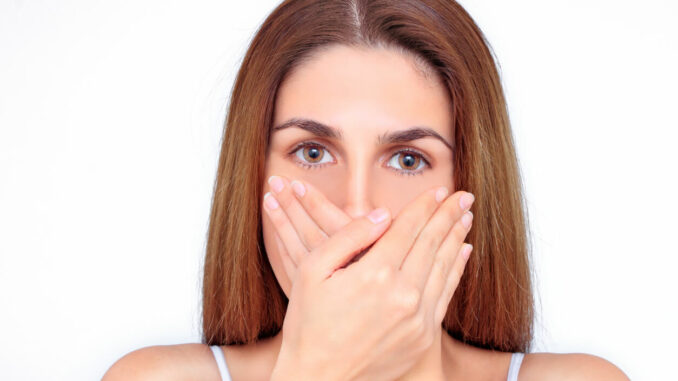
Bad breath, also known as halitosis, can be a source of embarrassment and discomfort for many individuals. Whether it’s caused by poor oral hygiene, certain foods, or underlying health conditions, bad breath can affect one’s confidence and social interactions. However, with the right strategies and habits, it’s possible to prevent bad breath and maintain optimal oral health. In this comprehensive guide, we’ll explore various methods and techniques for preventing bad breath effectively.
Understanding the Causes of Bad Breath:
Before diving into prevention strategies, it’s essential to understand the common causes of bad breath. These include:
- Poor Oral Hygiene: Inadequate brushing and flossing can lead to the buildup of food particles and bacteria in the mouth, causing unpleasant odors.
- Food and Drink: Certain foods and beverages, such as onions, garlic, coffee, and alcohol, can contribute to bad breath.
- Tobacco Use: Smoking and chewing tobacco can leave a lingering odor in the mouth and contribute to gum disease.
- Dry Mouth: Saliva plays a crucial role in washing away food particles and bacteria. A dry mouth can result in bad breath.
- Dental Issues: Cavities, gum disease, and oral infections can lead to foul-smelling breath.
- Medical Conditions: Certain medical conditions, such as sinus infections, respiratory infections, and gastrointestinal issues, can cause bad breath.
Effective Strategies for Preventing Bad Breath:
Now that we’ve identified the common causes of bad breath, let’s explore some effective strategies for prevention:
- Maintain Proper Oral Hygiene:
- Brush your teeth at least twice a day using fluoride toothpaste. Pay attention to brushing all surfaces of your teeth, including the tongue and gum line.
- Floss daily to remove food particles and plaque from between teeth and along the gum line.
- Consider using an antimicrobial mouthwash to help kill bacteria and freshen breath.
- Stay Hydrated:
- Drink plenty of water throughout the day to keep your mouth moist and prevent dry mouth, a common cause of bad breath.
- Limit consumption of sugary and acidic beverages, as these can contribute to tooth decay and bad breath.
- Watch Your Diet:
- Avoid foods known to cause bad breath, such as onions, garlic, spicy foods, and dairy products.
- Choose fresh fruits and vegetables, which can help cleanse the palate and freshen breath.
- Chew sugar-free gum or suck on sugar-free candies to stimulate saliva production and freshen breath.
- Quit Smoking and Tobacco Use:
- If you smoke or use tobacco products, quitting can significantly improve your oral health and reduce bad breath.
- Seek support from friends, family, or healthcare professionals to help you quit smoking.
- Visit Your Dentist Regularly:
- Schedule regular dental checkups and cleanings to maintain optimal oral health.
- Your dentist can identify and treat dental issues that may contribute to bad breath, such as cavities and gum disease.
- Practice Good Oral Habits:
- Avoid chewing tobacco and using mouthwashes that contain alcohol, as these can contribute to dry mouth and bad breath.
- Use a tongue scraper to remove bacteria and debris from the surface of your tongue, where odor-causing bacteria often reside.
- Address Underlying Medical Conditions:
- If you suspect that a medical condition is contributing to your bad breath, consult with your healthcare provider for proper diagnosis and treatment.
- Follow any prescribed treatments or medications as directed to manage underlying health issues effectively.
Incorporating these preventive strategies into your daily routine can help you maintain fresh breath and optimal oral health. By practicing good oral hygiene, making healthy dietary choices, and addressing any underlying issues, you can enjoy the confidence that comes with a bright smile and fresh breath. Remember, consistency is key, so make these habits a regular part of your lifestyle for long-term oral health and wellness.